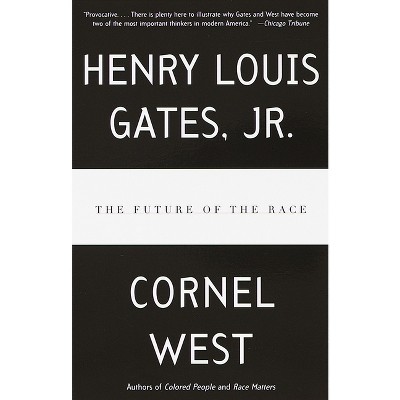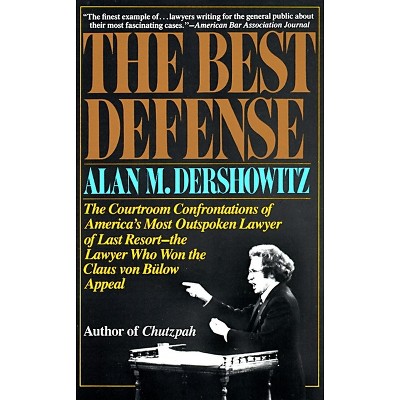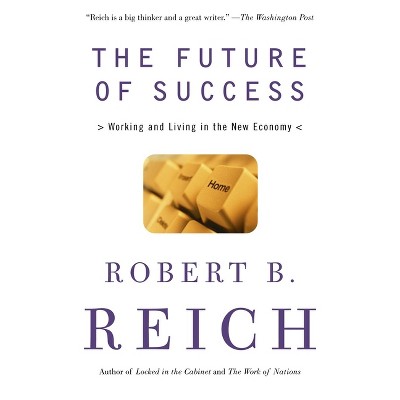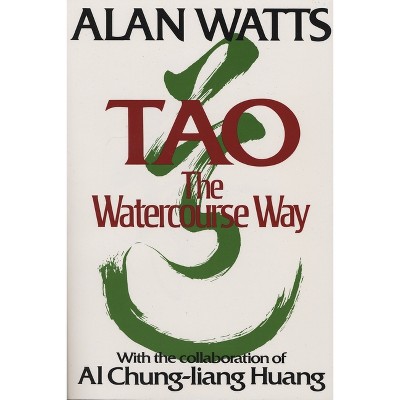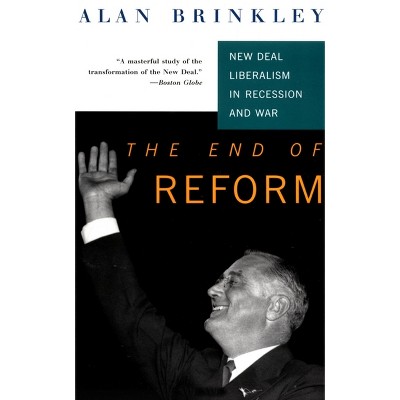Sponsored

The Great Inversion and the Future of the American City - by Alan Ehrenhalt (Paperback)
In Stock
Sponsored
About this item
Highlights
- Eye-opening and thoroughly engaging, this is an indispensible look at American urban/suburban society and its future.
- About the Author: Alan Ehrenhalt was the executive editor of Governing magazine from 1990 to 2009.
- 288 Pages
- Social Science, Sociology
Description
About the Book
Orignally published: New York: Knopf, 2012.Book Synopsis
Eye-opening and thoroughly engaging, this is an indispensible look at American urban/suburban society and its future.
In The Great Inversion, Alan Ehrenhalt, one of our leading urbanologists, reveals how the roles of America's cities and suburbs are changing places--young adults and affluent retirees moving in, while immigrants and the less affluent are moving out--and addresses the implications of these shifts for the future of our society. Ehrenhalt shows us how the commercial canyons of lower Manhattan are becoming residential neighborhoods, and how mass transit has revitalized inner-city communities in Chicago and Brooklyn. He explains why car-dominated cities like Phoenix and Charlotte have sought to build twenty-first-century downtowns from scratch, while sprawling postwar suburbs are seeking to attract young people with their own form of urbanized experience.Review Quotes
"The Great Inversion is a must read for anyone concerned with American cities, urbanism, and the future of the way we live. . . . The future of the city is the future of America and the world. Alan Ehrenhalt shows us how a desire for urbanism is bringing people back to America's downtowns, and what suburbs and communities of all sorts must do to thrive in the future."
--Richard Florida, author of Who's Your City?
--Commentary "Fascinating. . . . A convincing case. . . . Mr. Ehrenhalt's travels have given him a front-row view of 'The Great Inversion.' . . . Alan Ehrenhalt has traveled to towns and cities across the land and witnessed firsthand the early stages of what surely will be nothing short of a social transformation."
--The Washington Times "[A] mix of sharp-eyed observation and analysis. . . . Weaving census and public-opinion data throughout, Ehrenhalt displays the same narrative and reporting skills he put to good use in The Lost City."
--City Journal "Ehrenhalt takes his reader on a tour of the changing American cityscape . . . An enjoyable and engaging read, especially for those considering a move back to the city . . . Solidly researched with great questions asked and plenty of hard facts and anecdotal answers provided."
--Christian Science Monitor "Books about cities tend to be polemics. An author decides what's right and wrong about how we live, then marshals anecdotes and rhetoric to buttress the case. There's another way to approach the topic: in person and on foot, following one's instincts but open to nuance along the way. Alan Ehrenhalt follows that path, to our benefit, in his new book The Great Inversion and the Future of the American City. . . . Ehrenhalt's sympathies are with movements like new urbanism and smart growth, but these sympathies don't blur his sharp eye for details or the wry clarity of his prose."
--San Francisco Chronicle "The Great Inversion and the United Nations agree; the world is becoming more urban by the day . . . To Ehrenhalt's credit, he does not pass moral judgment on the process. With clear prose that is both informative and entertaining, he objectively states the facts (and presents a great number of voices from immigrant businessmen and local civil servants to politicians from Elite African-American families and developers), leaving his readers free to render their own verdict."
--Joshua Bloodworth, Dominion of New York "Most writers on cities are either cheerleaders or naysayers. Ehrenhalt is neither, and he has written a balanced, hard-hitting book that is a persuasive forecast of our complex urban future."
--Witold Rybczynski, author of Makeshift Metropolis "[The Great Inversion] is a serious, provocative, and gracefully written, and consistently interesting look at how the urban-suburban balance is shifting."
--Better! Cities & Towns "The author's historical perspective helps shape his provocative view."
--Kirkus Reviews
About the Author
Alan Ehrenhalt was the executive editor of Governing magazine from 1990 to 2009. He is the author of The United States of Ambition, The Lost City, and Democracy in the Mirror. In 2000, he was the recipient of the American Political Science Association's Carey McWilliams Award for distinguished contributions to the field of political science by a journalist. He lives near Washington, D.C.











